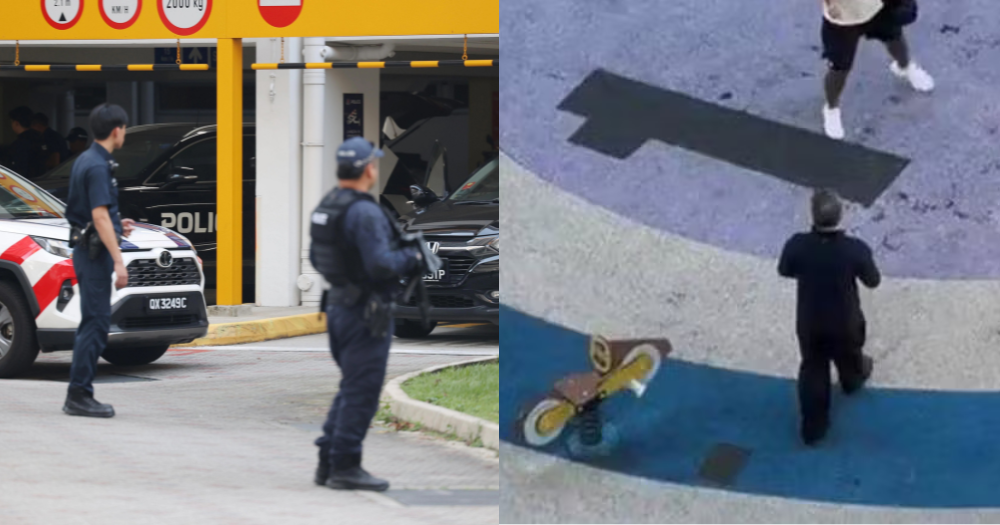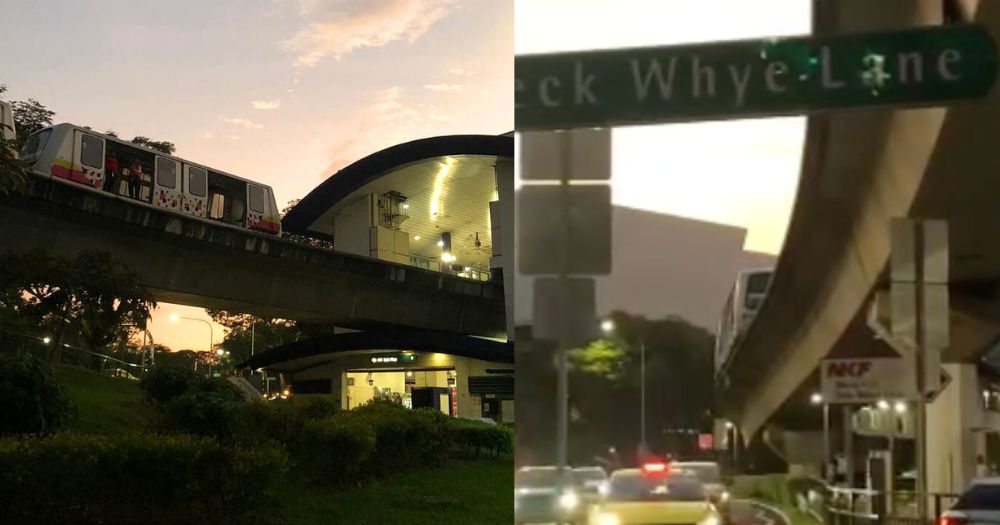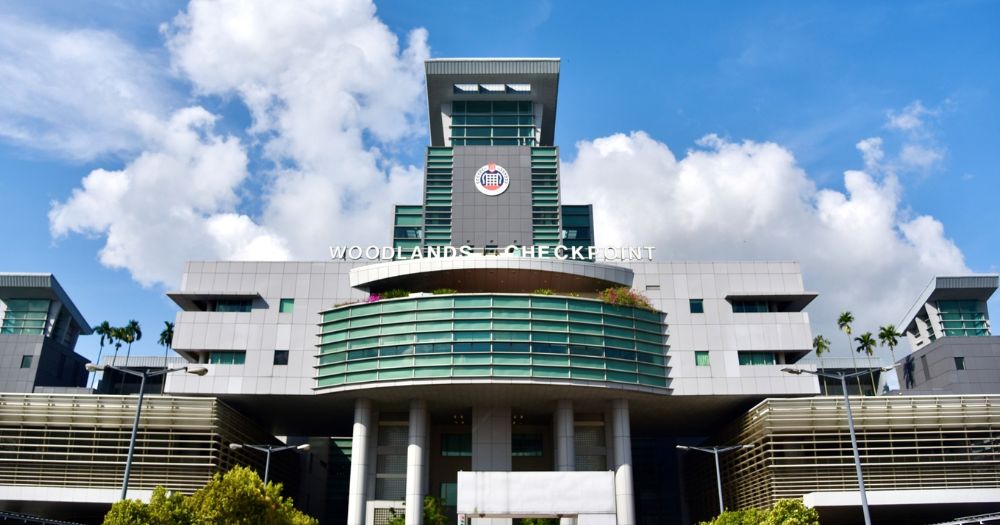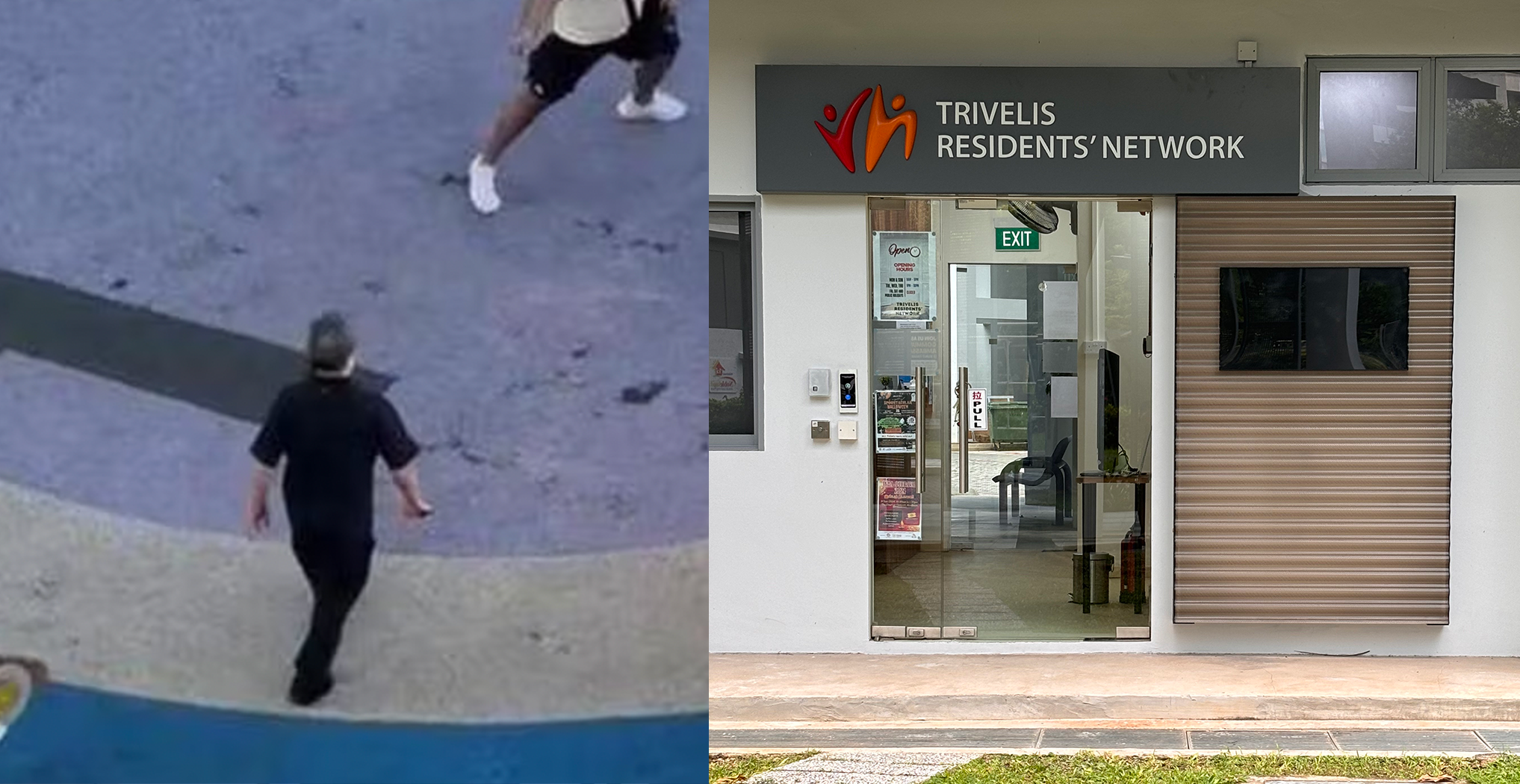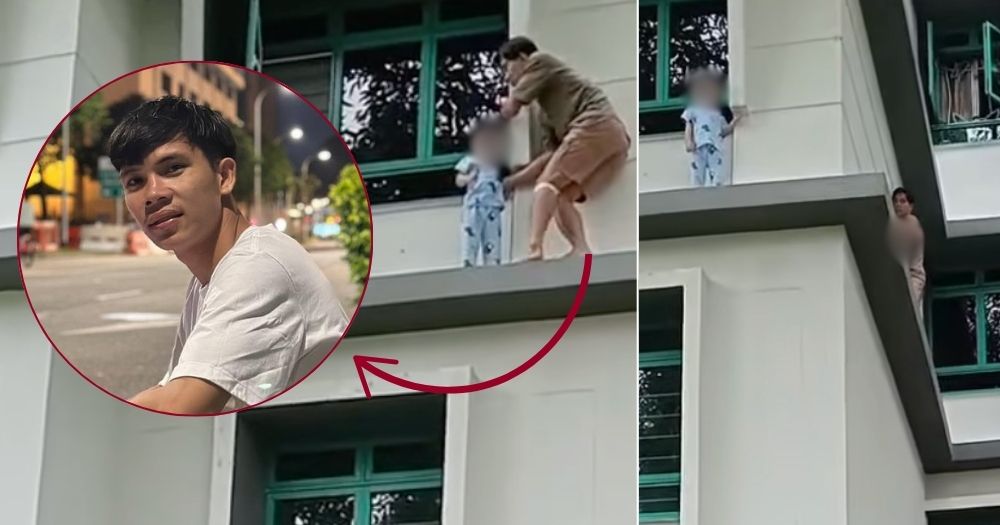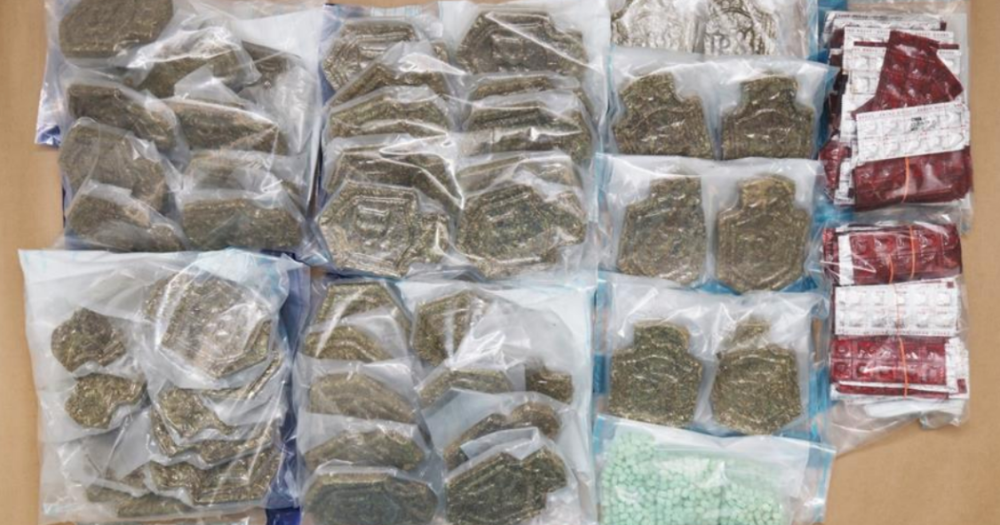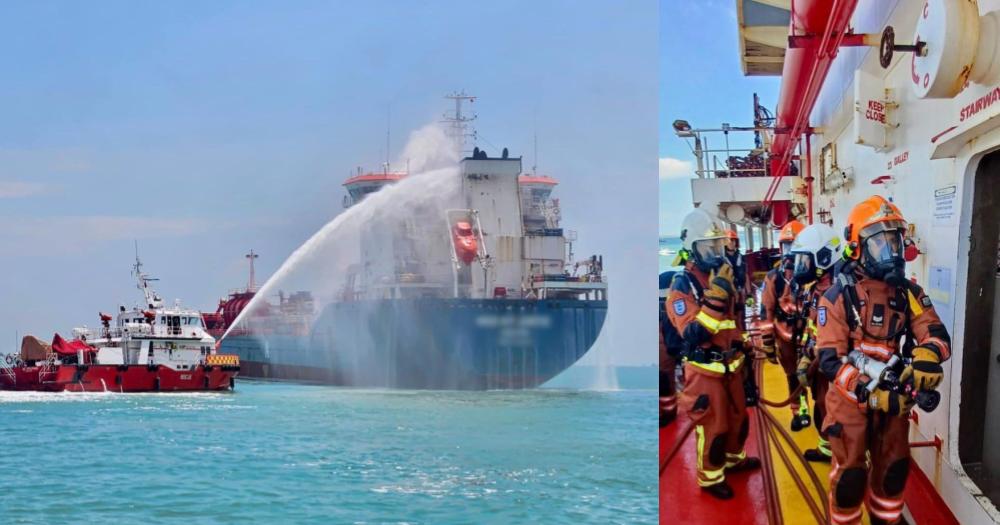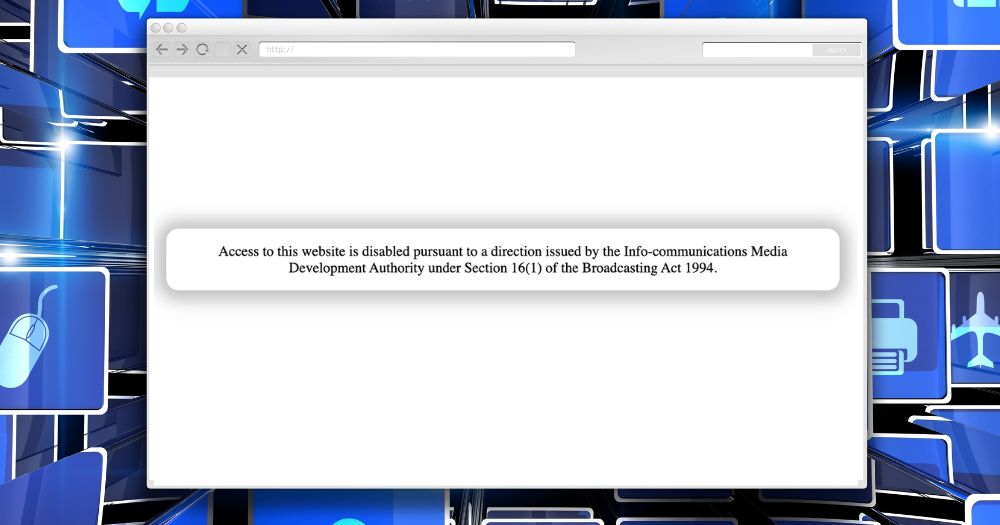UK High Commission declines to comment on Lee Hsien Yang asylum
It is longstanding policy not to comment on asylum matters, the UK High Commission told Mothership.
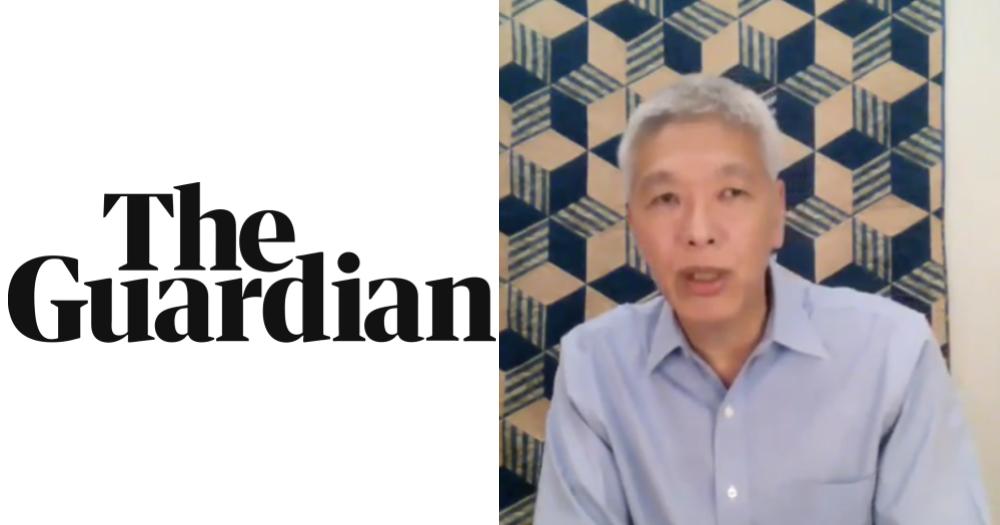
The UK High Commission, citing its longstanding policy on asylum matters, has declined to comment on Lee Hsien Yang's asylum case.
UK newspaper the Guardian recently published an exclusive interview with him, where he accused the Singaporean government of repression and its rule of law a "shiny" "facade".
The Singapore government published a response to the claims made by the Guardian in its query, saying that claims of persecution are "baseless."
Lee Hsien Yang published a Facebook post at 1pm, Oct. 22, saying he is a "political refugee from Singapore".
He revealed that he sought asylum protection in 2022, and told the Guardian that he was granted asylum in August this year.
Campaign of persecution
On Oct. 22 the Guardian reported that Lee Hsien Yang had been granted asylum in the United Kingdom after "fleeing what he says was a campaign of persecution".
In an exclusive interview, the Guardian reported that Lee Hsien Yang was supposedly the target of "the authoritarian regime founded by his father", and that said regime had supposedly "turned on him as he endorsed the opposition following a family rift."
Lee Hsien Yang, along with his sister the late Lee Wei Ling, have been in public conflict with their elder brother and former Singaporean Prime Minister Lee Hsien Loong since 2017 over the issue of the family home of founding Prime Minister Lee Kuan Yew.
The dispute would result in parliamentary speeches and recrimination, as well as Lee Hsien Yang joining the opposition Progress Singapore Party in 2020.
Not some kind of paradise: Lee Hsien Yang
The Guardian's interview portrayed Lee Hsien Yang as critical of the Singaporean government, saying that "despite the very advanced economic prosperity", there was a "dark side to it" and that the "government is repressive".
"What people think, that this is some kind of paradise - it isn't", said Lee Hsien Yang.
The Guardian has on numerous occasions, unconnected to this case, published articles critical of Singapore's political freedom, including in its 2015 obituary of Lee Kuan Yew.
Lee Hsien Yang repeated his assertion that he "believed for his own personal safety I should not continue to live in Singapore".
More of Lee Hsien Yang's allegations and the government's rebuttal
He urged people to "look beyond Singapore's bold false assertions and see what the reality is like", saying that the country was a "key facilitator" for the arms trade, and dirty, drug, and crypto monies.
In response, a Singapore government spokesperson said the country had “a robust system to deter and tackle money laundering and other illicit financial flows”, citing its favourable ranking in Transparency International’s corruption perception index, which happens to higher than the UK.
He also criticised Singapore's rule of law calling it a "shiny" "facade", but saying that "at the core we retain these repressive measures", some of which came from Singapore's time as a British colony but from his time when his father was PM.
Lee Hsien Yang alleged that he was a target of Singapore's "very extensive surveillance system", and that the UK's decision to grant him asylum in August was supposedly an acknowledgement that "Singapore has been prosecuting me".
Longstanding policy
Mothership reached out to the UK High Commission for comment, who replied: "It is longstanding UK Government policy not to comment on questions regarding individuals and asylum matters".
According to statistics published by the UK Home Office, 20,888 people were granted refugee status or other protection for the year ending June 2023; a number that does not include schemes relating to those affected by the Ukraine war or granted Hong Kong BN(O) visas.
The UK is experiencing an unprecedented number of refugee requests, and the issue was a major feature of the 2024 election campaign, where the issue of tens of thousands of people crossing the channel at great risk to their lives was a major point of contention.
Also included in the Guardian's interview were the Singapore government's rebuttal of Lee Hsien Yang's accusations, calling them "baseless" and "unfounded".
The article closed with a government spokesperson's quote that: “In Singapore, no one is above the law. Anyone, including the offspring of the founding prime minister … can be investigated and brought before the courts.”
Related stories
Top image via The Guardian & Lee Hsien Yang/Facebook
MORE STORIES









